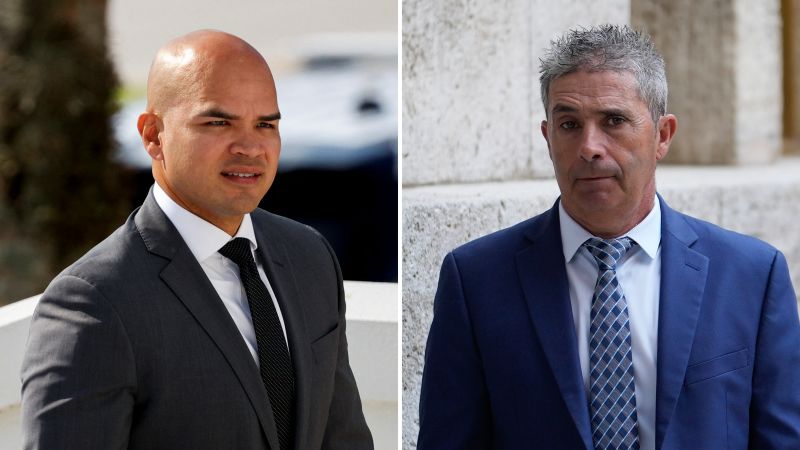Exclusive: Trump Team Weighs Dropping Classified Docs Probe Without Presidential Immunity

In a surprising twist to the ongoing classified documents case, Walt Nauta and Carlos De Oliveira—two close associates of former President Donald Trump—appear unlikely to receive presidential pardons, despite ongoing negotiations about potentially resolving the legal proceedings. Sources close to the Trump administration and familiar with the case have revealed that discussions are continuing, but clemency for these co-defendants seems increasingly improbable.
The two employees, who have been standing alongside Trump in this high-stakes legal battle, are facing significant uncertainty about their legal futures. While presidential pardons have been a topic of speculation, current indications suggest that such an intervention is not imminent or even likely at this stage of the investigation.
As the case continues to unfold, the potential outcomes for Nauta and De Oliveira remain a focal point of intense speculation among legal experts and political observers. The lack of a clear path to presidential pardon adds another layer of complexity to an already intricate legal scenario surrounding the classified documents investigation.

